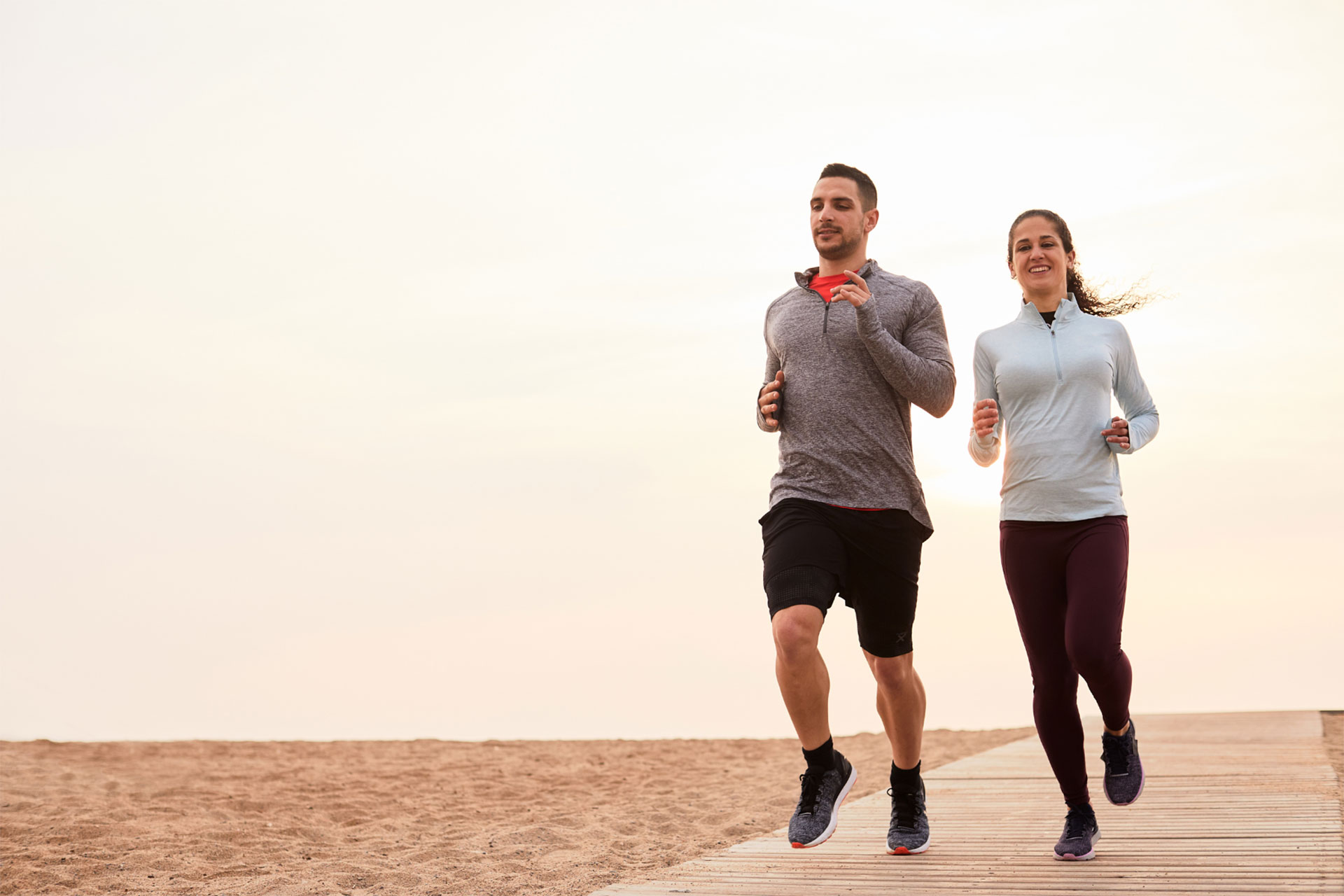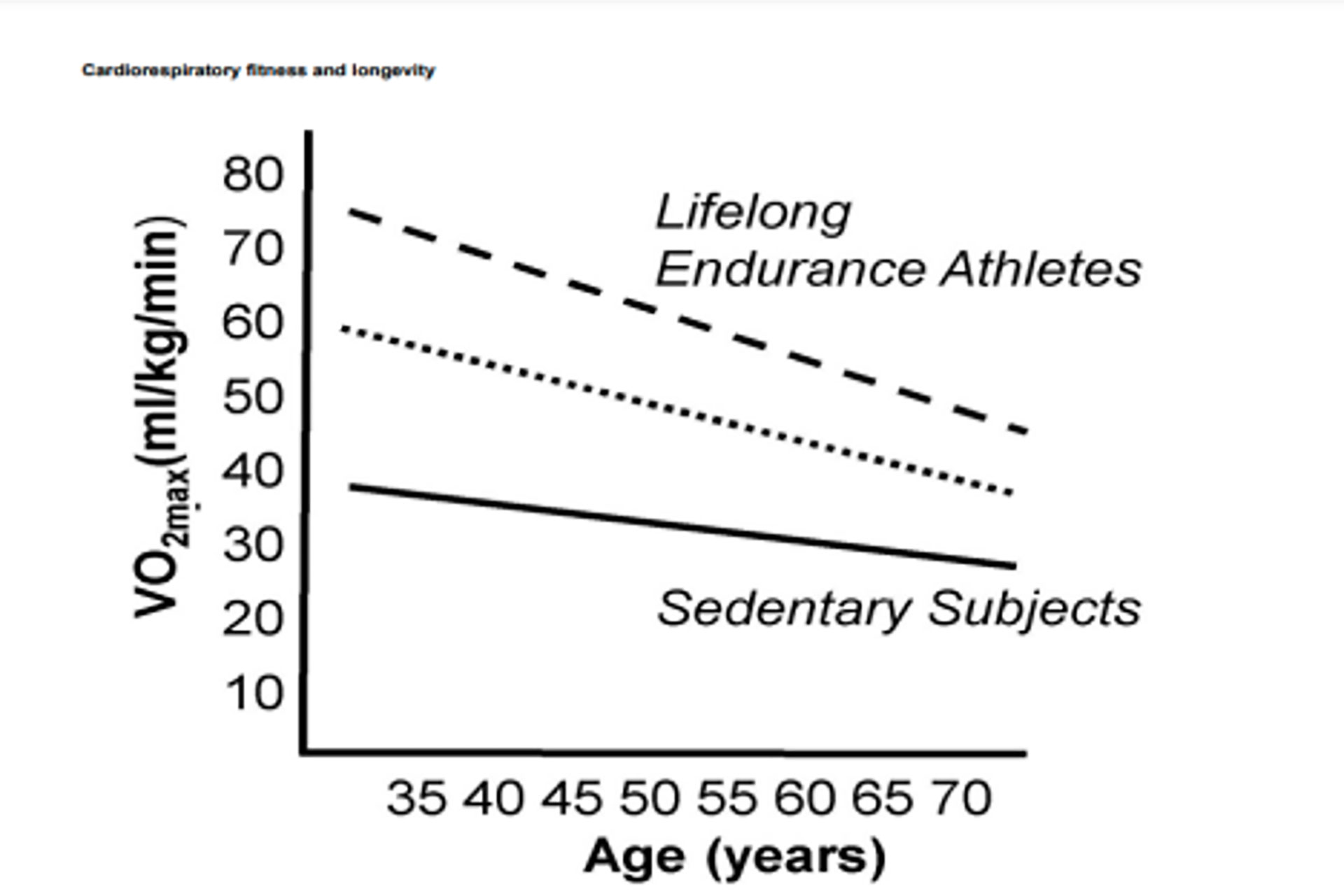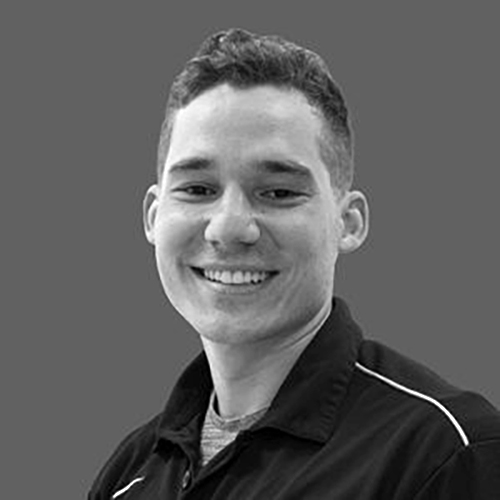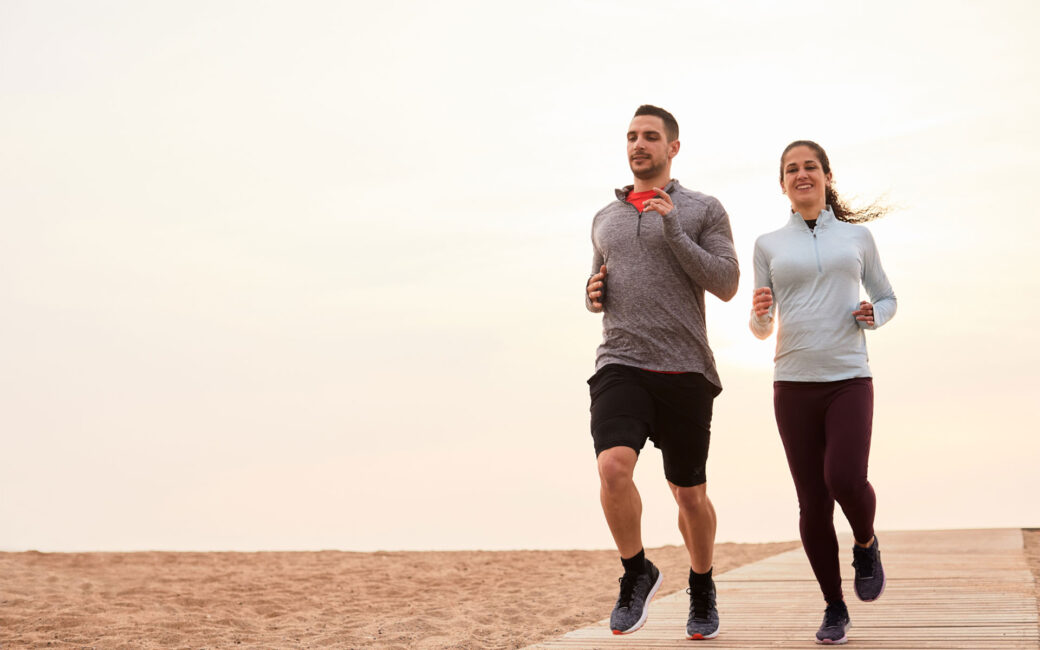Your Longevity Guidebook
If you want to live the longest, healthiest life, there are certain steps that will contribute to overall longevity: proper exercise, diet, and stress management. Here's your guidebook for increasing your longevity and staying healthy as you age.
Mar 2, 2023 | Will Manzi, CEP

If you want to live the longest, healthiest life, there are certain steps that will contribute to overall longevity: proper exercise, diet, and stress management. Here's your guidebook for increasing your longevity and staying healthy as you age.
Advancing in age is accompanied by an accelerating decline of aerobic exercise capacity, best quantified by peak VO2. This decline in aerobic capacity is exacerbated by many comorbidities common to the elderly. However, numerous observational and interventional studies have demonstrated the beneficial effects of exercise training in older adults, both in healthy and diseased individuals.
If you want to live the longest, healthiest life, there are certain steps that will contribute to overall longevity. There are three simple steps to promote longevity, and these three steps are some of the most cost effective, long term, and preventative measures you can take. The three key factors to this outcome are proper exercise, diet, and stress management. If you can take care of your cardiovascular risk factor profile and increase your VO2 max, you can reduce your biological age by 3.23 years, starting as a healthy individual. (Fitzgerald, Kara N et al. “Potential reversal of epigenetic age using a diet and lifestyle intervention: a pilot randomized clinical trial.” Aging vol. 13,7 (2021): 9419-9432. doi:10.18632/aging.202913.) Beginning as an individual with multiple comorbidities, there can potentially be a reduction in 5–10 years. The problem we see in our society is that there is a lack of education and participation into programs that focus on an optimal health approach. We currently have a community in crisis. However, in the Chinese language, the word “crisis” is composed of two characters, the first “danger”, the second… “opportunity!” So, take the opportunity to improve your health today.
VO2 Max
According to the World Health Organization, the average lifespan is 77.8 years, yet the average health span is only 66.6 years. This means the last 10+ years of our lives we are dealing with at least one, but more likely two or more, risk factors. In order to combat this, there needs to be a focus on cardiovascular exercise, more precisely, increasing your maximal oxygen uptake or VO2 max. VO2 max is related to functional capacity and human performance and has been shown to be a strong and independent predictor of all-cause and disease-specific mortality. (Barbara Strasser, Martin Burtscher. Survival of the fittest: VO2 max, a key predictor of longevity?. Front. Biosci. (Landmark Ed) 2018, 23(8), 1505–1516.) VO2 max is most accurately measured in a lab. During a VO2 max test, you wear a special face mask that measures the amount of air you breathe in and breath out while you exercise. You work at progressively harder intervals until you reach your limit. However, there is another accurate representation of VO2 max through an estimated Bruce Protocol Stress test that we can perform at Performance Optimal Health. The test begins with walking and then increases in speed and incline every three minutes until the individual can no longer continue, either due to physical limitations or achievement of 85% maximum heart rate. Originally, the test was made by American cardiologist Robert A. Bruce in 1963 as a non-invasive test to assess patients with suspected heart disease. In more recent years, the test has been used more to help identify a person's aerobic capacity. It is simple: if you want to be in the best shape possible at 85, start increasing your VO2 max now at age 50. In the figure below, you can see how VO2 max decreases over lifespan.

Nutrition
In combination with exercise, what is just as important to longevity is a healthy diet. A heart-healthy diet such as a Mediterranean based diet or the DASH diet is recommended in order to reduce risk and decrease inflammation in the body. You want to eat a healthy balance of carbohydrates, healthy fats, and lean protein. The general recommendation for someone doing moderate to vigorous exercise is a 50%, 30%, 20% split respectively. You obviously want to incorporate healthy greens and colorful vegetables, as well as low sugar fruits such as avocados, blueberries, and grapefruit. You can get a majority of your carbohydrate intake through these foods. Lean protein choices such as organic chicken, grass-fed beef, and turkey are exceptional. Healthy fat choices include foods high in omega-3 and omega-6 such as nuts, seeds, avocados, and wild caught salmon.
Stress Management
Lastly, a big component of this longevity equation is the management of stress. First and foremost, there are two different types of stress. Positive stress, or eustress, is beneficial to the body. Negative stress is detrimental to the body, and has been shown to increase cortisol levels, which in turn activates our “fight or flight” response. This reaction has been proven to increase blood pressure and heart rate, muscle tension, and the digestive system slows down. Some symptoms may result in nausea, vomiting, and diarrhea. Positive stressors such as exercise, meditation, and yoga have been proven to have the opposite effect. Exercise has proven to decrease resting heart rate, blood pressure, and cholesterol levels, as well as decrease inflammation of the body. Sleep is probably the biggest component to recovery; per CDC guidelines, children 13-18 should get 8-10 hours per night, while the average adult needs 7-9 hours per night.
All in all, there are three main things to focus on. One: make sure you have at least 150 minutes per week of cardiovascular exercise in your target heart rate. Two: eat a well-balanced diet rich in anti-inflammatory foods and antioxidants, foods such as turmeric and ginger have been proven to decrease the body's inflammation. Finally, having tools to cope with stress can help the body with anti-inflammation, muscle recovery, and increased energy. Some tools include cryotherapy, infrared sauna, exercise, and meditation.
Quick Guide
Target Heart Rate:
- 220-Age= Maximum Heart Rate
- Maximum Heart Rate x .60 = 60% Target Heart Rate
- Maximum Heart Rate x .80 = 80% Target Heart Rate
Healthy Diet Tips:
- Low fat and low sodium diets help decrease inflammation.
- Limit salt intake to < 2,000 mg / day.
- Bake, broil, steam, roast, or poach foods without salt; add vegetables lemons, herbs and spices for flavoring;
- When you eat out, try to order baked, broiled, steamed, or poached without breading or sauces.
- Stay away from fast foods.
- Read food labels.
- Hydrate, hydrate, hydrate.
- rack weight weekly or monthly.
Exercise:
Exercise should be coupled with diet to maximize the effects of weight loss and create a healthy lifestyle. The appropriate amount of exercise an individual of your age should be getting is described below under the FITT principle.
Frequency: Greater than or equal to 3-5 days/week of moderate to vigorous exercise.
Intensity: Moderate 40-60% max effort(V0^2R) or Vigorous <60% max effort (VO^2R)
Time: Moderate 30-60 minutes; Vigorous 20-minute maximal bouts before rest
Type: The primary mode of exercise should be cardiovascular in nature, incorporating large muscles being used (bicycling, rowing, and running). The secondary mode is strength training and flexibility/mobility training.
References
1. Woo, M. (2017) Why kids shouldn't specialize in one sport too early, Lifehacker. Lifehacker. Available at: https://lifehacker.com/why-kids-shouldnt-specialize-in-one-sport-too-early-1797954410.
2. Schaeufele, B. (2021) Sport specialization in Young Athletes, The National Sports Medicine Institute. Available at: https://www.nationalsportsmed.com/sports-specialization/.

William Manzi,
William Manzi, CEP, is an exercise physiologist who specializes in the ability to take care of any individual, regardless of any limitations. Having worked with cardiac patients for the past 5 years, Will has developed a speciality in cardiac training and rehabilitation, as well as reading EKGs.
